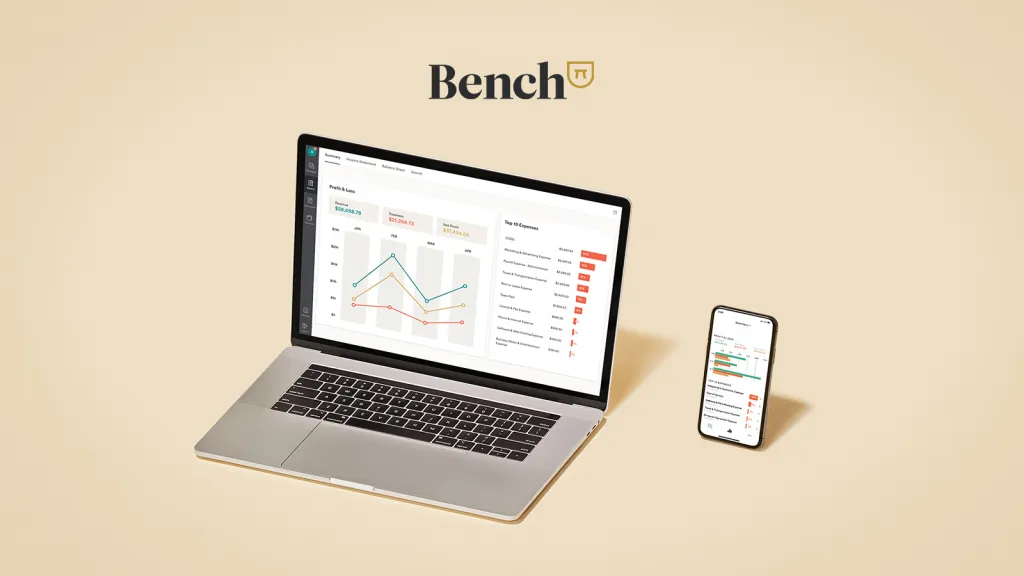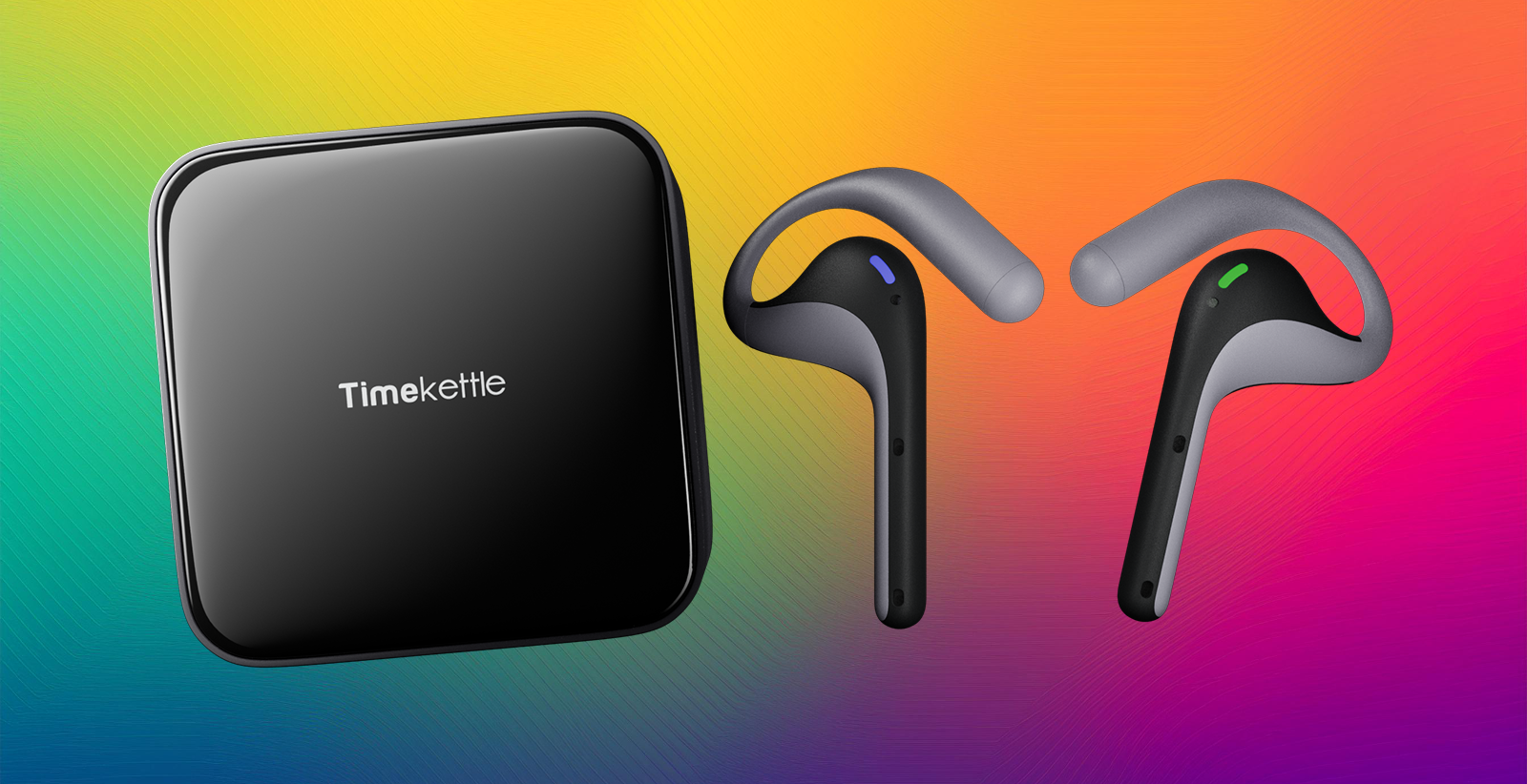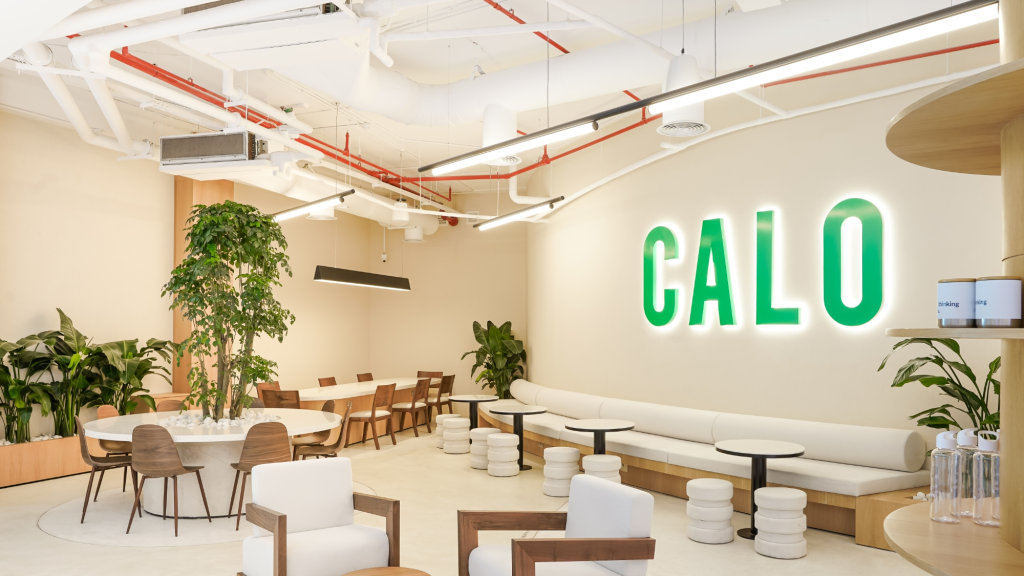Startup
-

Inside the Sudden Shutdown and Swift Revival of Bench Accounting
The abrupt closure of Canadian accounting startup Bench caused chaos for thousands of small business owners and employees, leaving many scrambling during a critical tax preparation period. However, just days after the shutdown, a last-minute…
-

Timekettle W4 Pro Earbuds Bring Real-Time Translation to Phone Calls
Timekettle revealed its latest innovation, the W4 Pro earbuds, during CES 2025 in Las Vegas. These cutting-edge earbuds aim to redefine communication by introducing real-time two-way translation for phone and video calls, supporting 40 languages.…
-

Brazilian Startup Carecode Secures a16z and QED Funding for AI Healthcare Agents
Brazilian startup Carecode is stepping into the spotlight, announcing its ambition to streamline healthcare administration using AI-driven solutions. With $4.3 million in pre-seed funding led by a16z and QED, the company aims to reduce costs…
-

Calo Secures $25 Million to Expand Ready-to-Eat Meal Service Globally
Calo, a startup specializing in personalized ready-to-eat meals, has secured $25 million in Series B funding to accelerate its regional and global expansion. Based in Riyadh, the company plans to extend its services beyond the…
-

DeepSeek-V3 Sets New Benchmark as an Open-Source AI Model
Chinese AI startup DeepSeek has introduced its latest creation, DeepSeek-V3, an ultra-large open-source AI model boasting 671 billion parameters. Released under the company’s license via Hugging Face, the new model demonstrates exceptional performance, outperforming leading…





